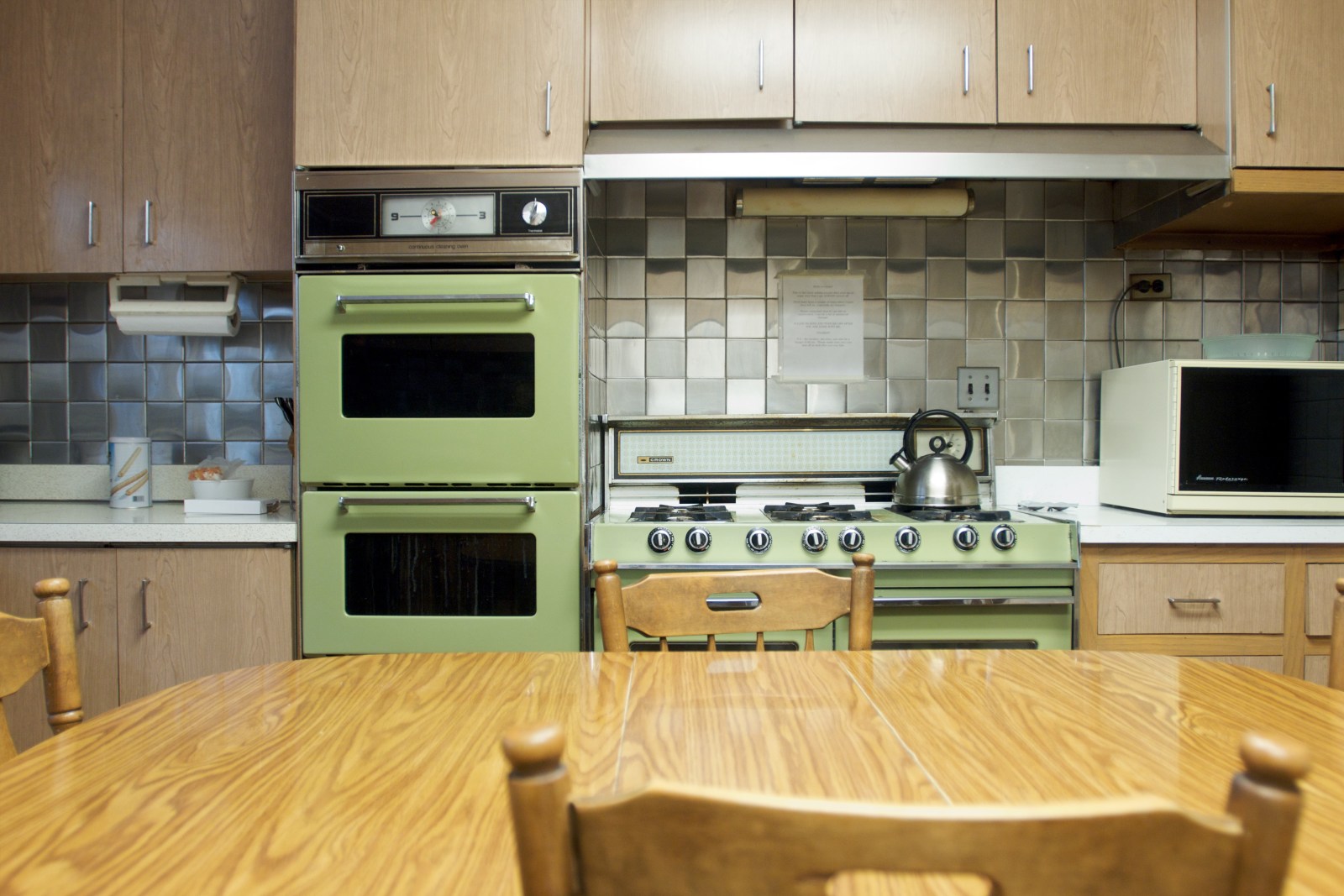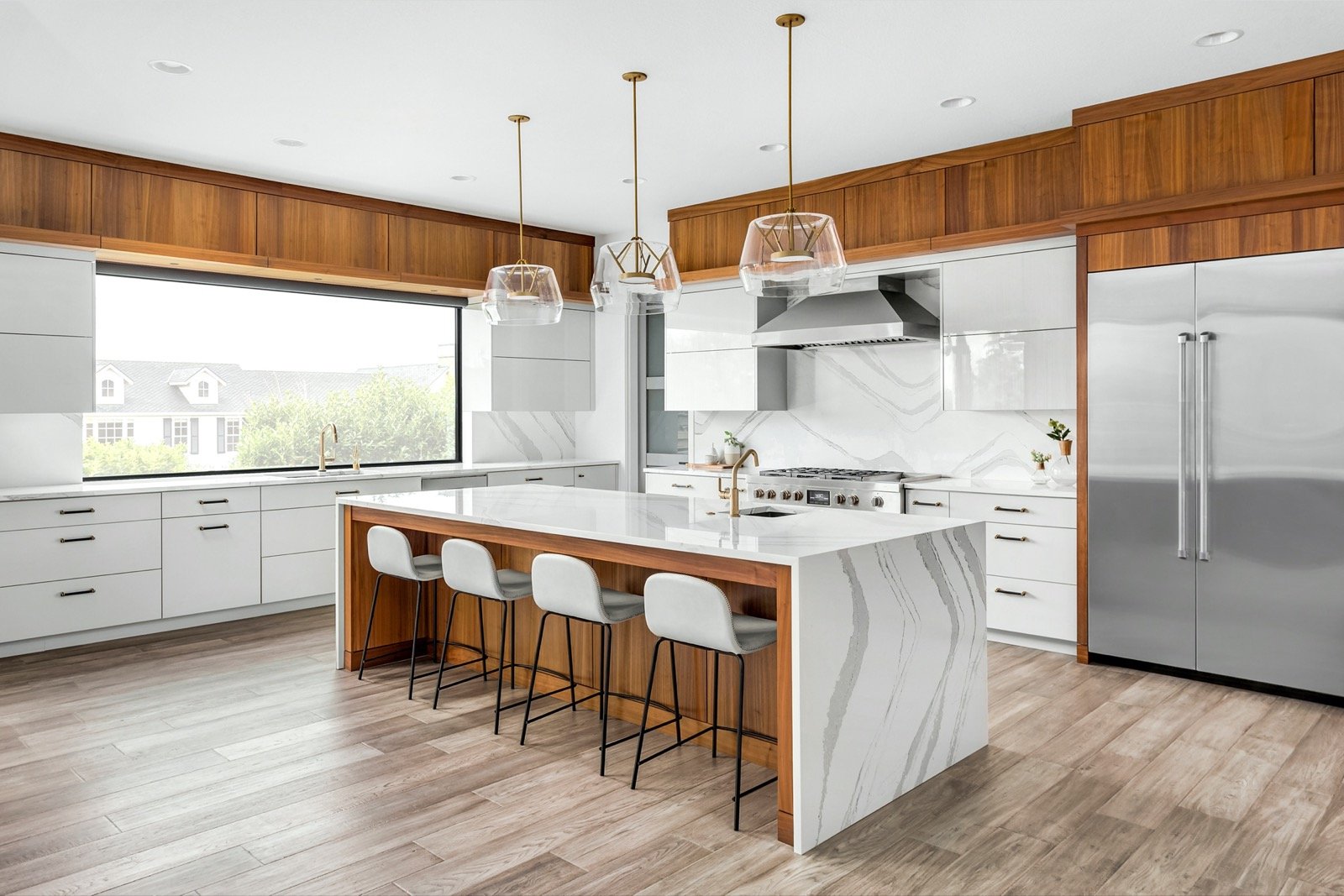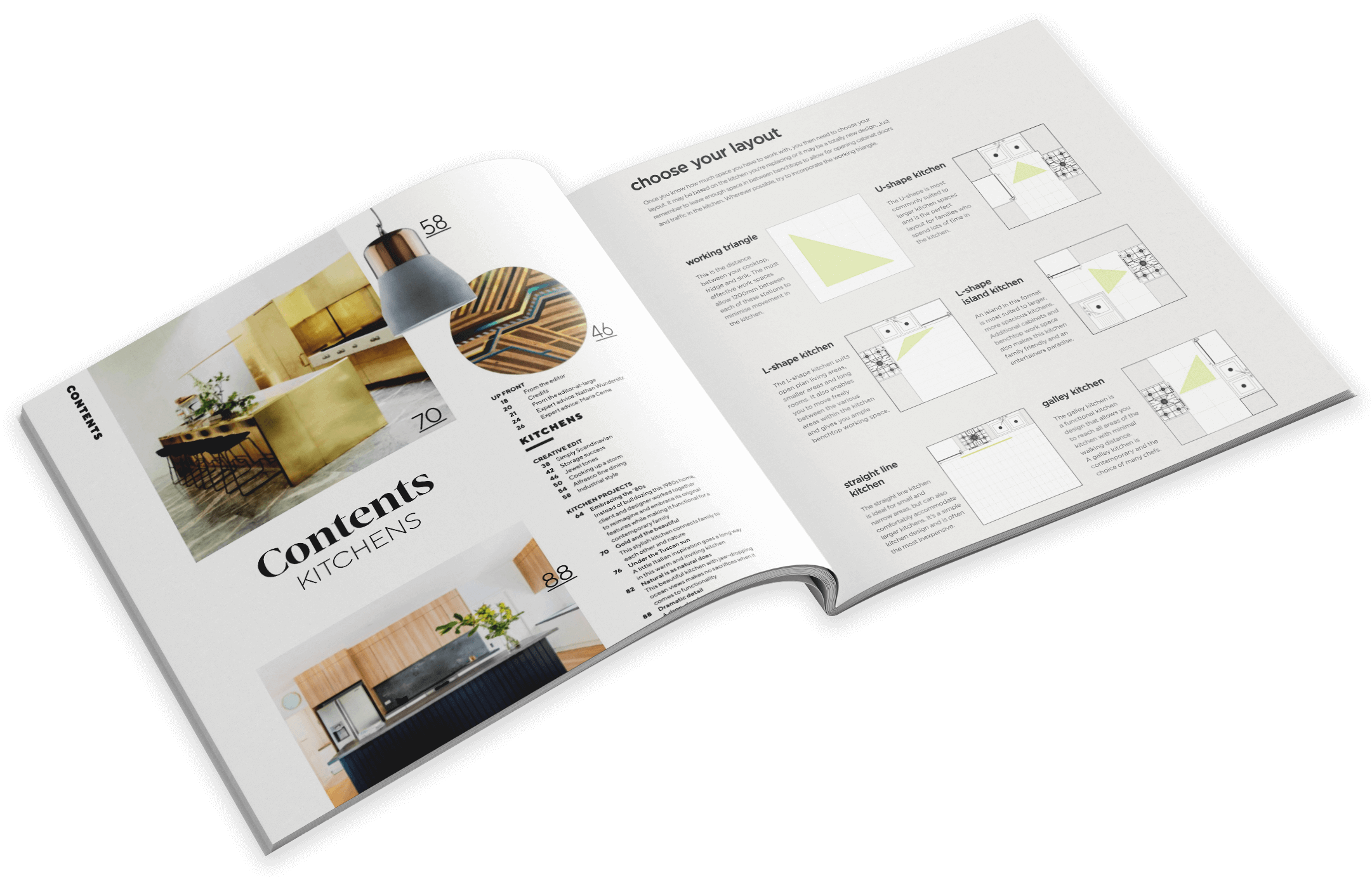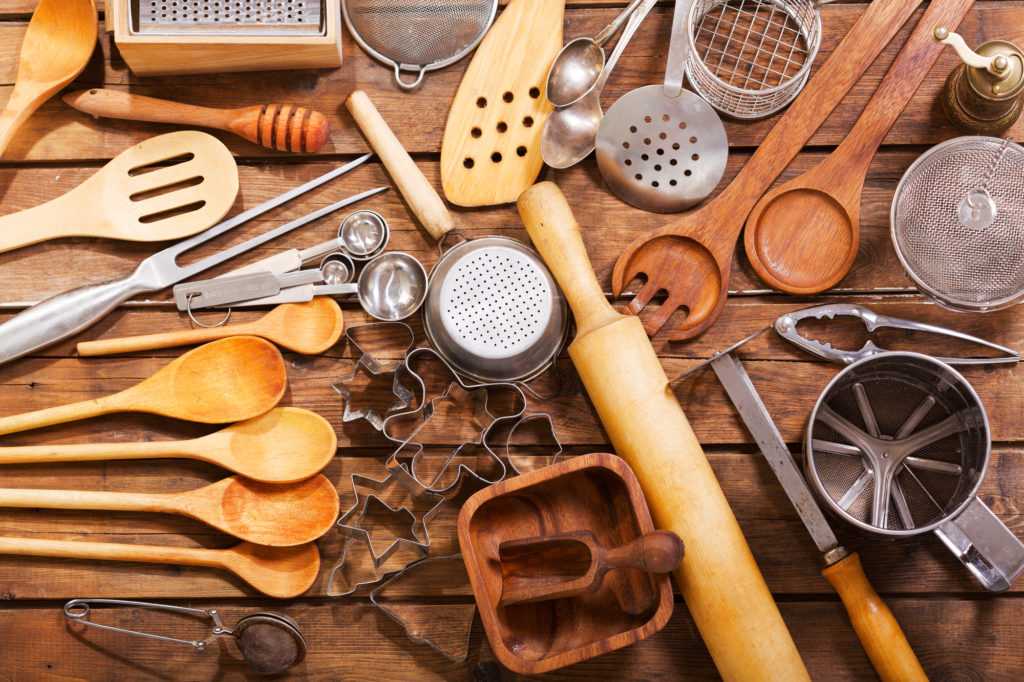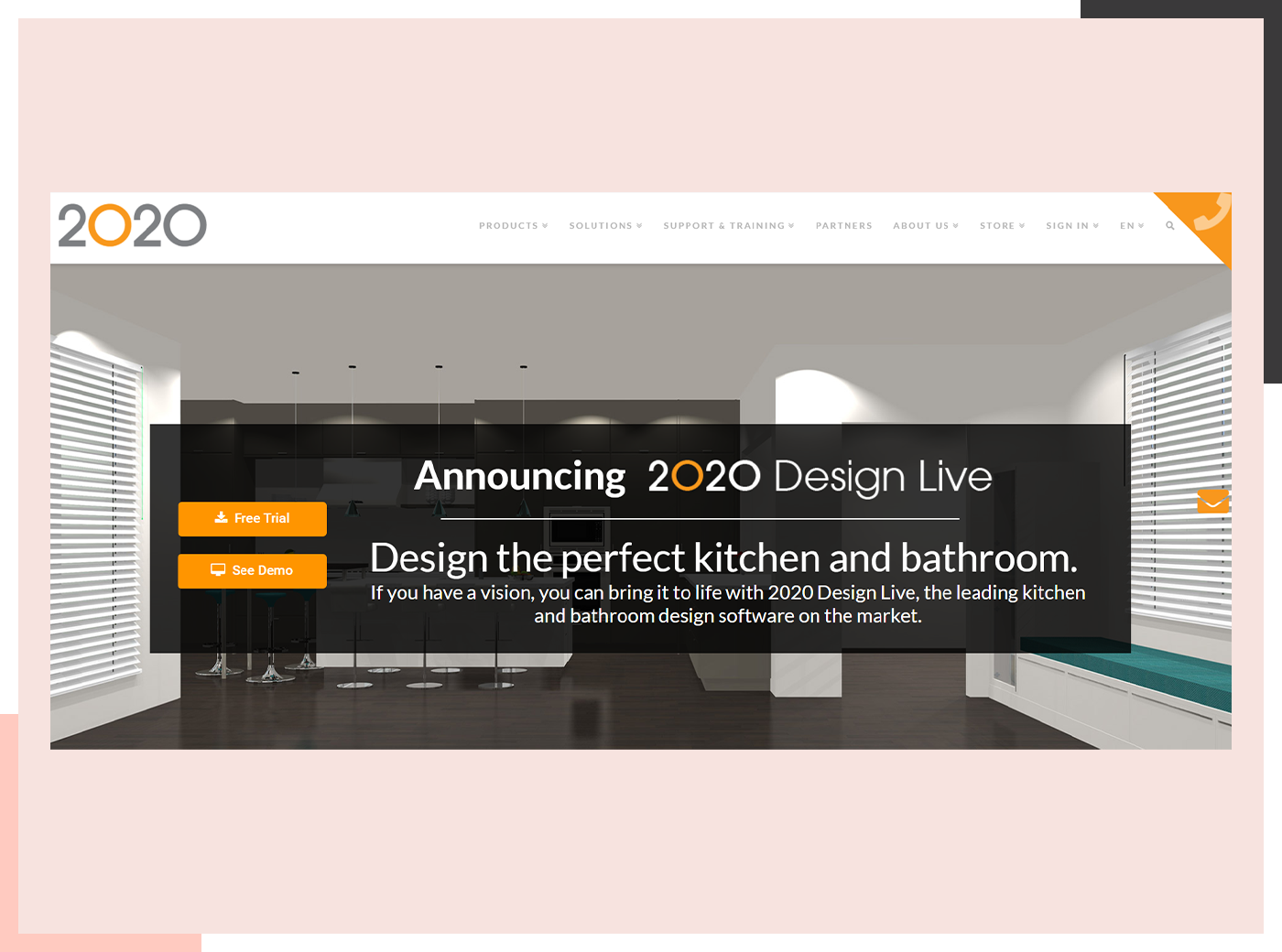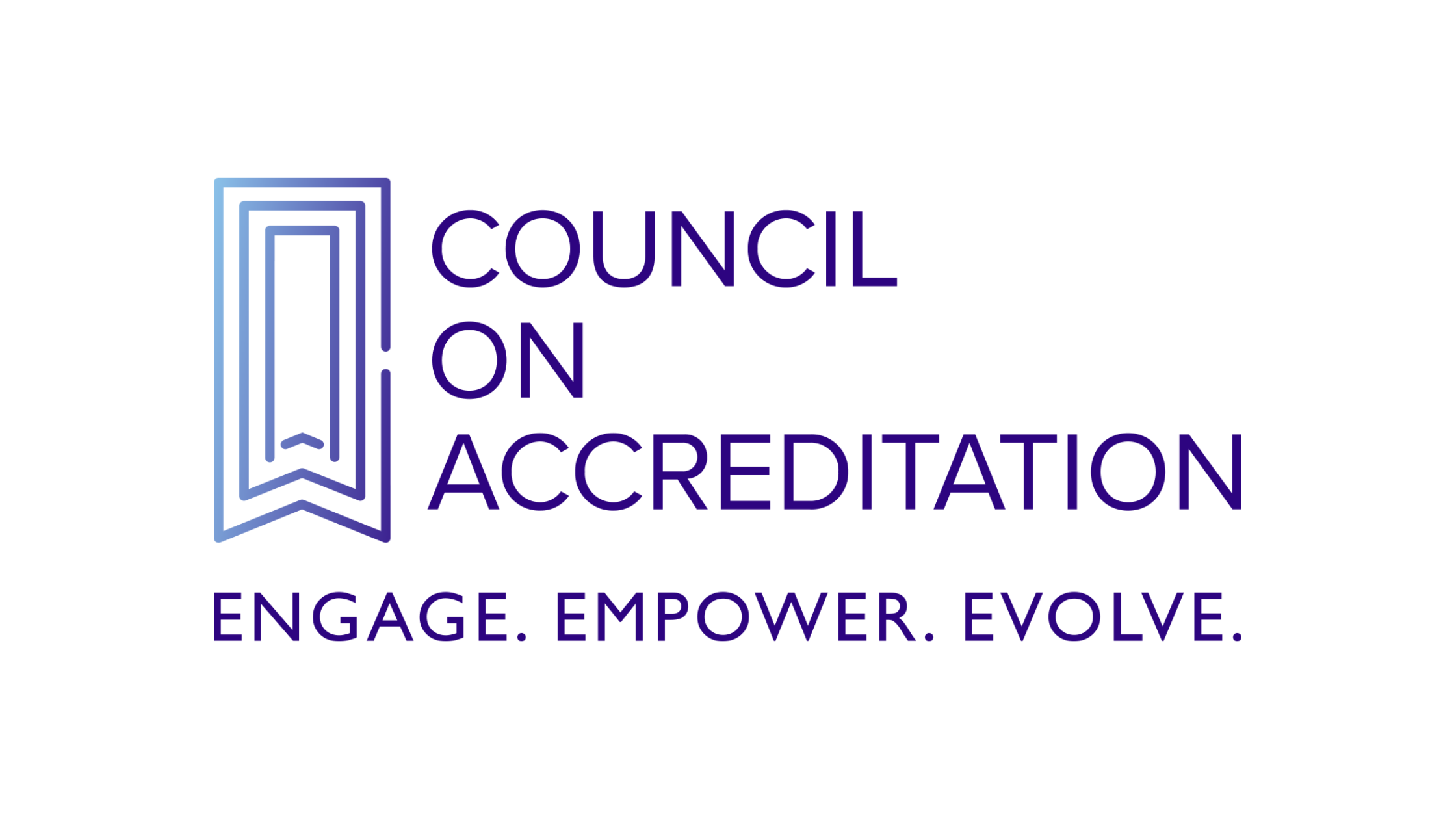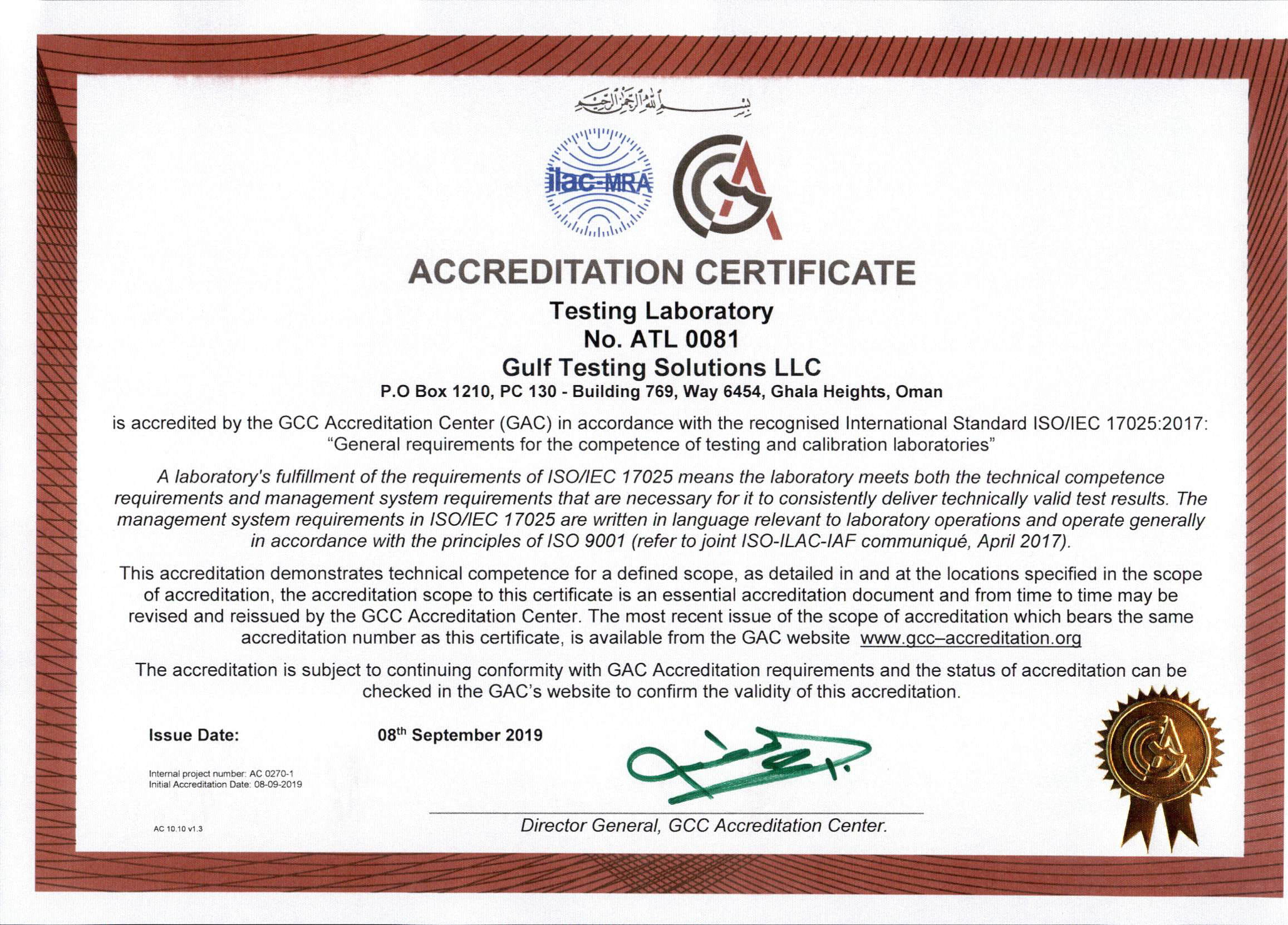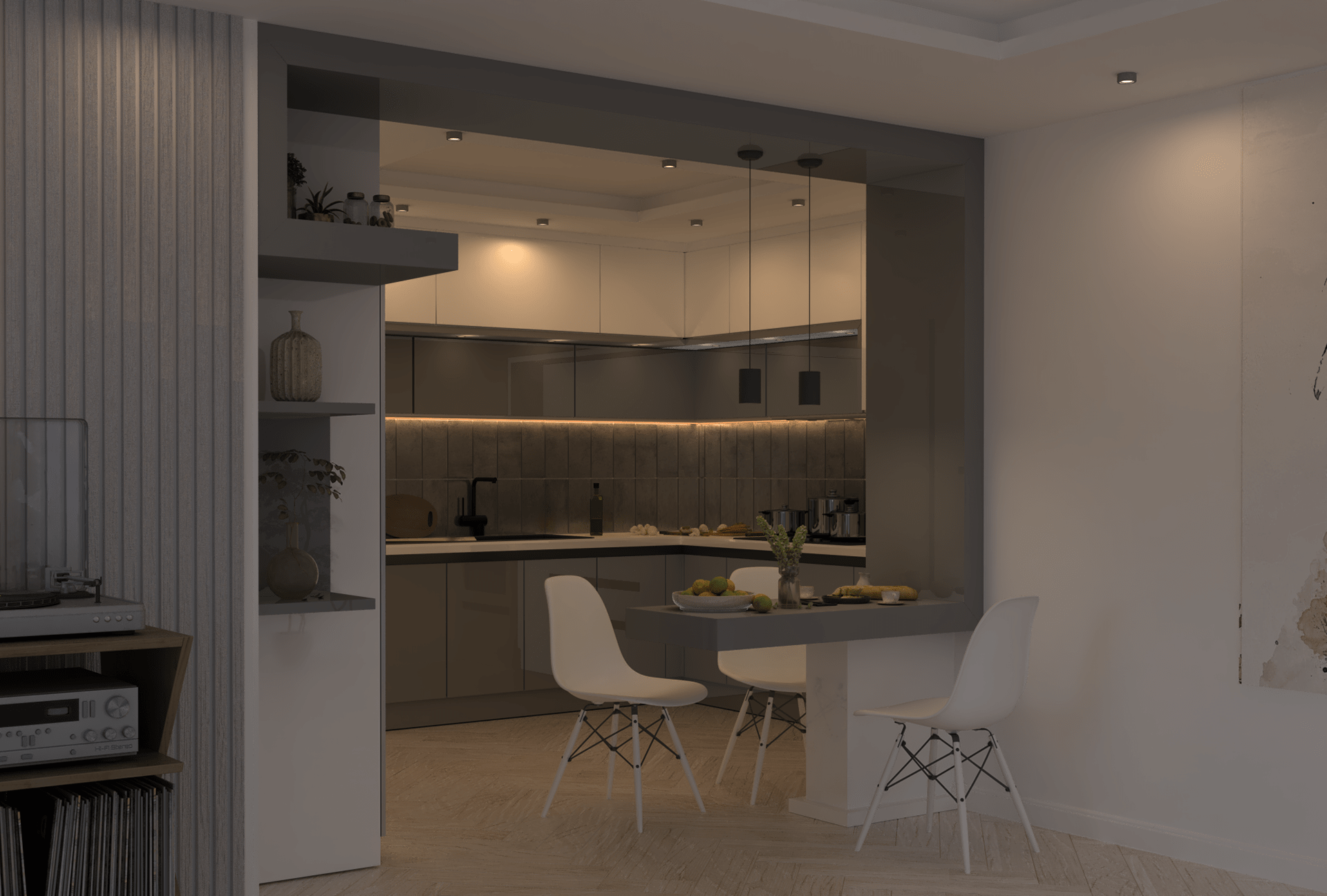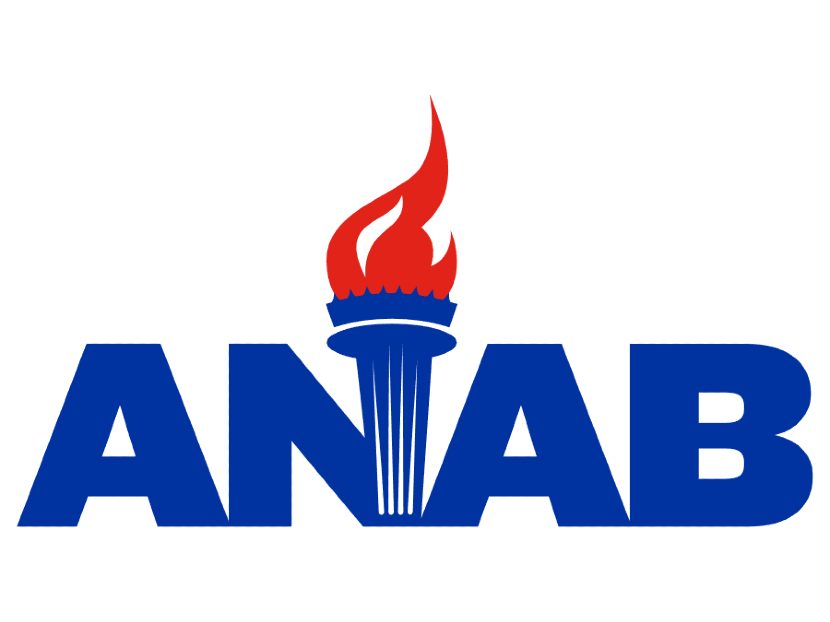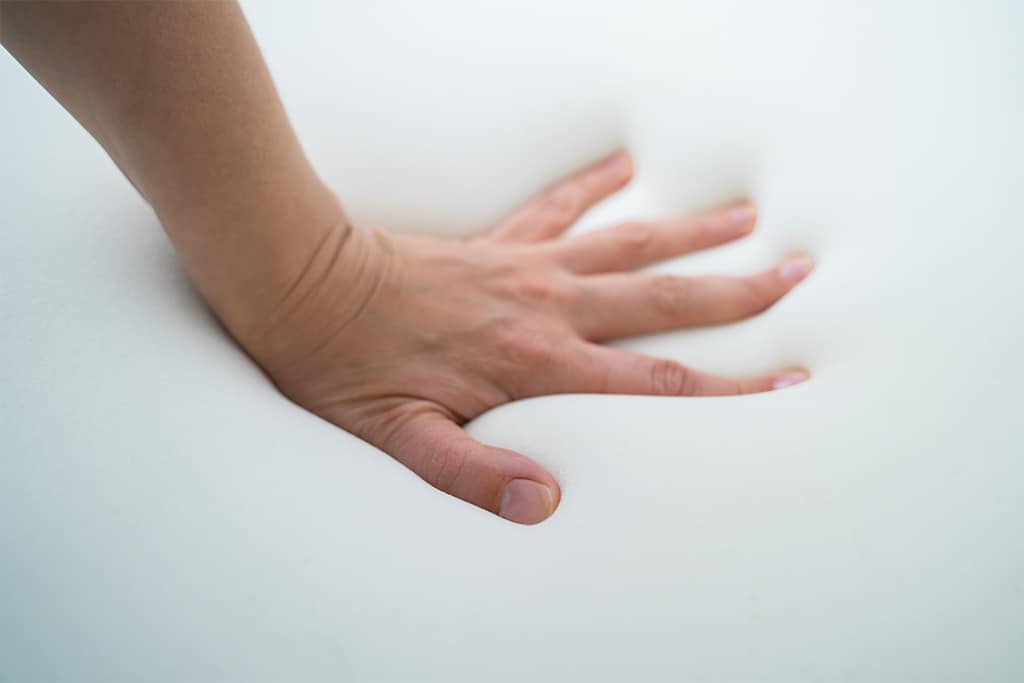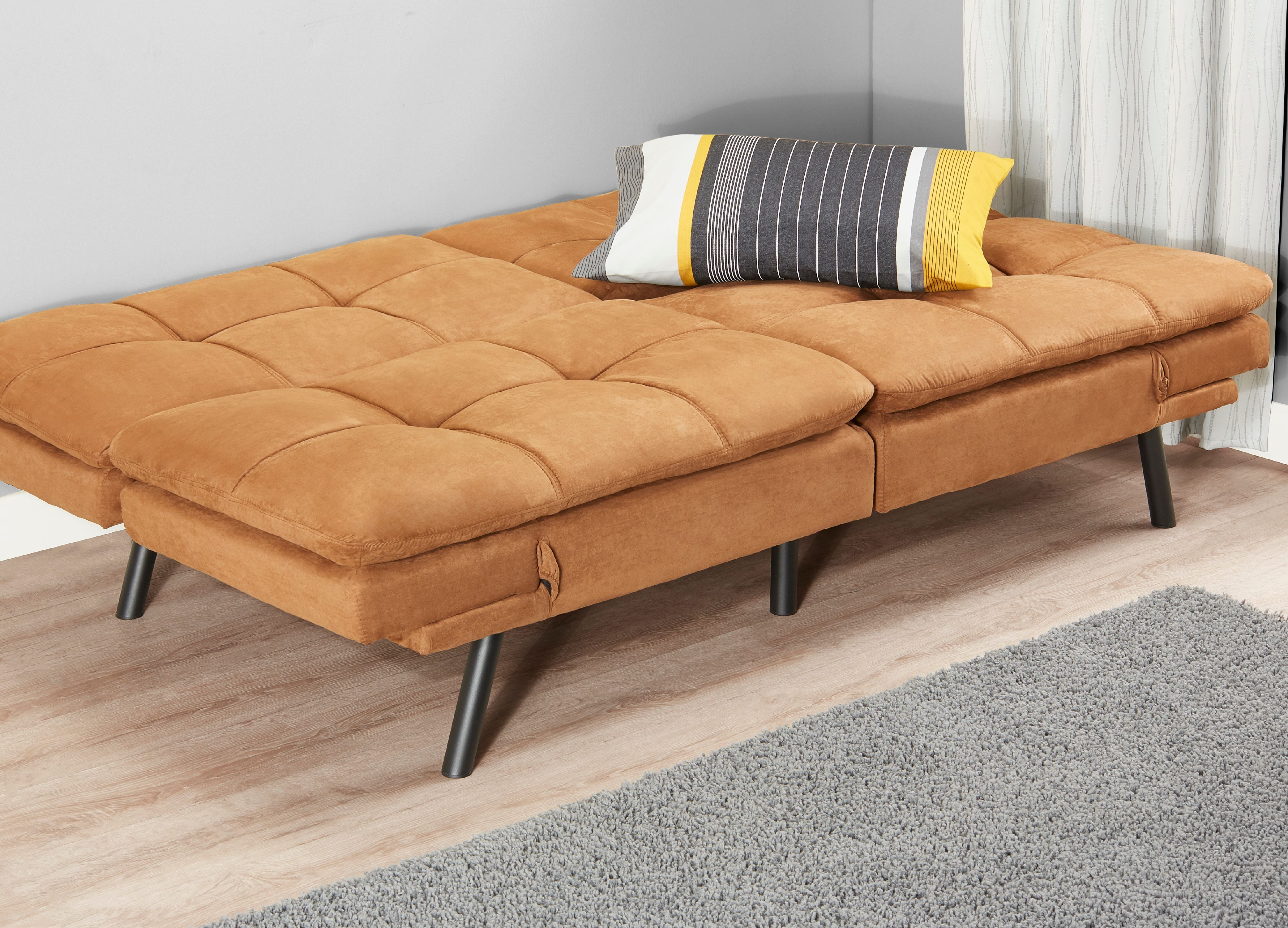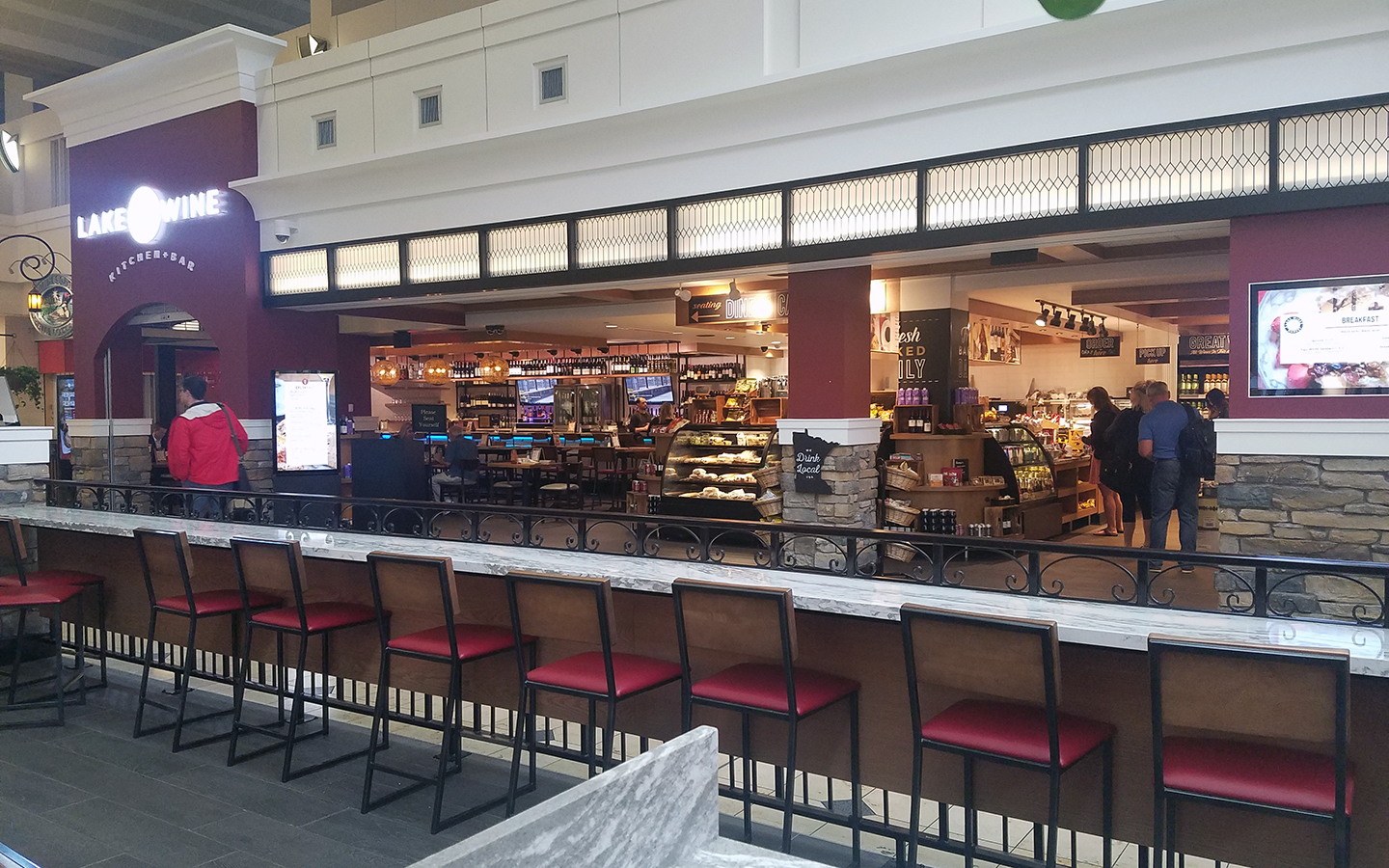To become a kitchen designer, one of the first and most important qualifications is a solid education and training background. This includes completing a degree in interior design or a related field. It is important to have a strong foundation in design principles, color theory, and space planning. Additionally, specialized courses in kitchen design can provide valuable knowledge and skills specific to this area of design.1. Education and Training
While education is important, hands-on experience is equally crucial in becoming a successful kitchen designer. This can include internships, apprenticeships, or working in a design firm. By working on real-life projects, designers can learn how to apply their knowledge and skills in a practical setting. It also allows them to build a portfolio of their work, which is essential in attracting clients.2. Experience in Kitchen Design
In today's digital age, proficiency in design software is a must for kitchen designers. This includes programs like AutoCAD, SketchUp, and 3D rendering software. Being able to create detailed and accurate designs using these tools is essential in communicating ideas to clients and contractors. It also allows for easier collaboration and revisions throughout the design process.3. Knowledge of Design Software
Kitchen designers must also have a thorough understanding of building codes and regulations related to kitchen design. This includes knowledge of safety requirements, plumbing and electrical codes, and accessibility standards. Failure to comply with these regulations can result in costly delays and revisions, which can be avoided with proper knowledge and planning.4. Understanding of Building Codes and Regulations
Effective communication is key in any profession, but it is especially important for kitchen designers. They must be able to listen to clients' needs and preferences, as well as communicate their ideas and recommendations clearly. This also involves working closely with contractors, suppliers, and other professionals involved in the project. Strong interpersonal skills are essential in building and maintaining positive relationships with all parties involved.5. Strong Communication and Interpersonal Skills
Kitchen design is all about the details. From the placement of appliances to the selection of hardware and finishes, every element plays a crucial role in the overall design. A keen eye for detail is necessary to ensure that all aspects of the kitchen are harmonious and functional. This also involves careful planning and consideration of the client's budget and timeline.6. Attention to Detail
Being a successful kitchen designer requires a strong sense of creativity and design skills. This includes the ability to think outside of the box and come up with innovative solutions to design challenges. A good designer should also have a sense of style and be able to create visually appealing and functional spaces. This can involve staying up-to-date on current design trends and techniques.7. Creativity and Design Skills
Kitchen design projects can be complex and involve multiple tasks and deadlines. Therefore, time management and organization skills are crucial in ensuring that projects are completed on time and within budget. This involves creating a detailed project plan, setting realistic timelines, and effectively managing resources and tasks. A successful kitchen designer must be able to juggle multiple projects and priorities efficiently.8. Time Management and Organization Skills
An in-depth knowledge of kitchen materials and appliances is necessary for a kitchen designer to create functional and durable spaces. This includes understanding the different types of countertops, cabinets, flooring, and appliances available and how they can be used to achieve the desired design. It also involves staying informed about new products and technologies in the market.9. Knowledge of Kitchen Materials and Appliances
While not always a requirement, obtaining certification or accreditation in kitchen design can be a valuable qualification. This shows potential clients and employers that the designer has met certain standards and has a level of expertise in the field. There are various organizations that offer certification programs, such as the National Kitchen and Bath Association (NKBA) and the National Council for Interior Design Qualification (NCIDQ).10. Certification or Accreditation in Kitchen Design
What Makes a Good Kitchen Designer?
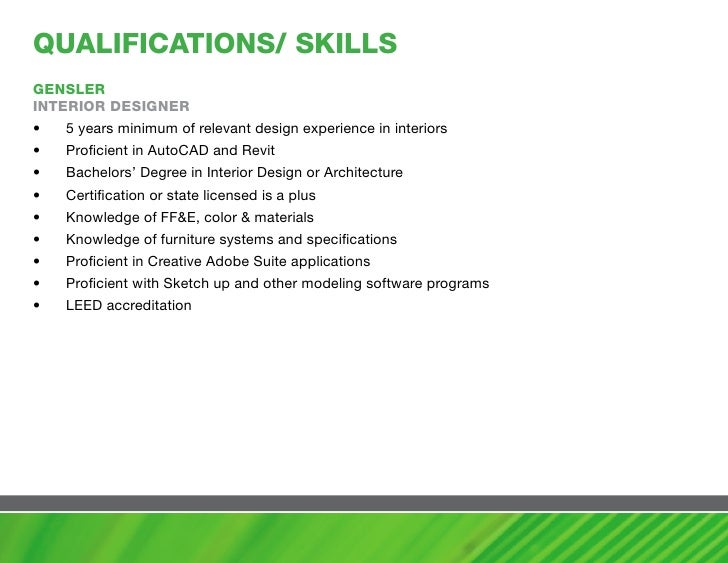
Qualifications and Skills to Excel in the Field
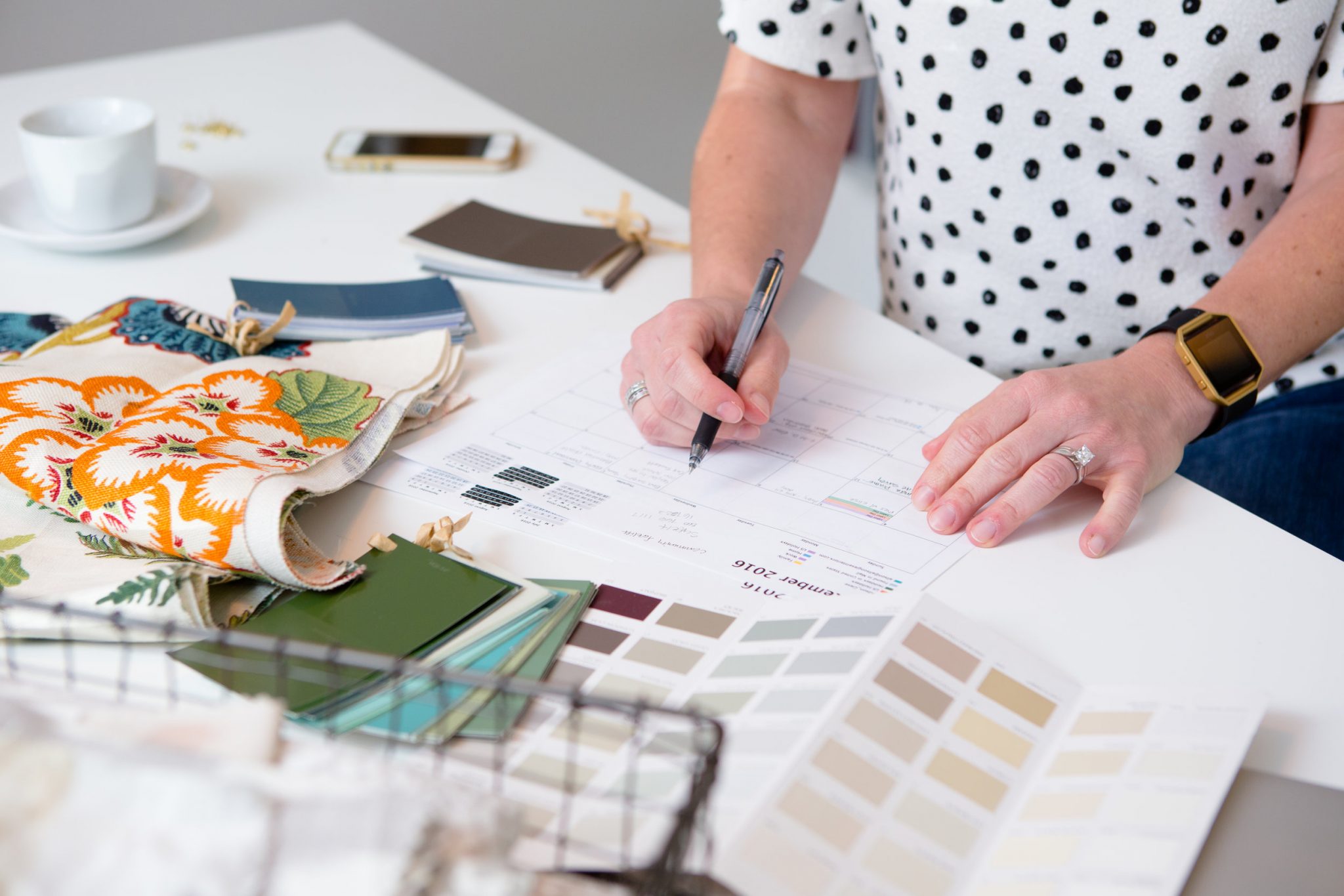 When it comes to designing a kitchen, there are certain qualifications and skills that are essential for success. A good kitchen designer not only has a keen eye for aesthetics, but also possesses technical knowledge and communication skills to bring a client's vision to life.
Creativity
is a key trait that sets a kitchen designer apart from others in the field. While there are basic principles of design that must be followed, a good designer is able to think outside the box and come up with unique and functional solutions for each individual space. They are also able to
visualize
the end result and effectively communicate their ideas to clients.
Technical knowledge
is another crucial aspect of being a kitchen designer. They must have a thorough understanding of
building codes
,
electrical and plumbing systems
, and
construction processes
in order to create designs that are both beautiful and practical. This knowledge also allows them to work closely with contractors and builders to ensure that the design is implemented correctly.
In addition to technical knowledge, a good kitchen designer must also possess strong
communication skills
. They must be able to listen to their clients' needs and preferences, while also providing expert advice and guidance. Clear and effective communication is key in bringing a client's dream kitchen to life.
Lastly, a good kitchen designer must have a
passion
for their work. This includes staying up-to-date with current design trends and techniques, as well as continuously learning and improving their skills. A true passion for design will shine through in their work and leave clients satisfied with the end result.
In conclusion, becoming a successful kitchen designer requires a combination of creativity, technical knowledge, communication skills, and passion. These qualifications and skills are essential for excelling in the field and creating beautiful and functional kitchen designs that leave clients happy and satisfied.
When it comes to designing a kitchen, there are certain qualifications and skills that are essential for success. A good kitchen designer not only has a keen eye for aesthetics, but also possesses technical knowledge and communication skills to bring a client's vision to life.
Creativity
is a key trait that sets a kitchen designer apart from others in the field. While there are basic principles of design that must be followed, a good designer is able to think outside the box and come up with unique and functional solutions for each individual space. They are also able to
visualize
the end result and effectively communicate their ideas to clients.
Technical knowledge
is another crucial aspect of being a kitchen designer. They must have a thorough understanding of
building codes
,
electrical and plumbing systems
, and
construction processes
in order to create designs that are both beautiful and practical. This knowledge also allows them to work closely with contractors and builders to ensure that the design is implemented correctly.
In addition to technical knowledge, a good kitchen designer must also possess strong
communication skills
. They must be able to listen to their clients' needs and preferences, while also providing expert advice and guidance. Clear and effective communication is key in bringing a client's dream kitchen to life.
Lastly, a good kitchen designer must have a
passion
for their work. This includes staying up-to-date with current design trends and techniques, as well as continuously learning and improving their skills. A true passion for design will shine through in their work and leave clients satisfied with the end result.
In conclusion, becoming a successful kitchen designer requires a combination of creativity, technical knowledge, communication skills, and passion. These qualifications and skills are essential for excelling in the field and creating beautiful and functional kitchen designs that leave clients happy and satisfied.
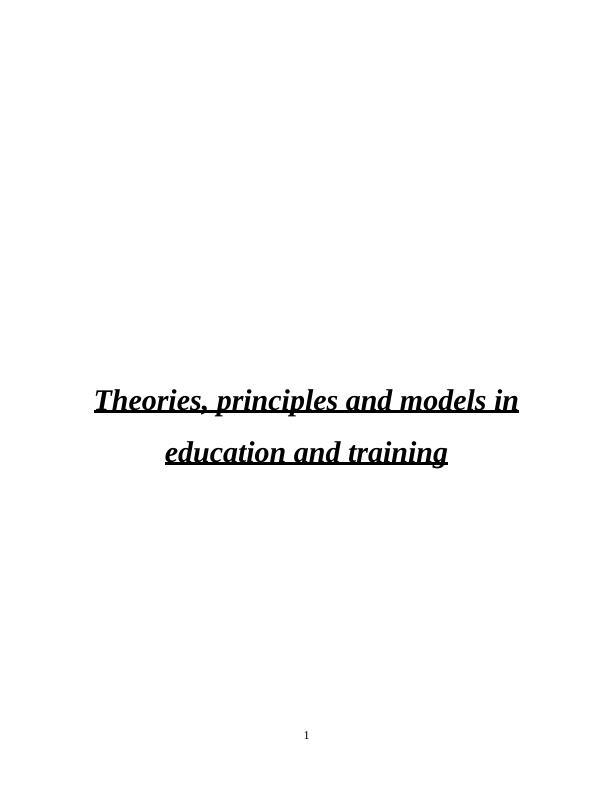

_medium.jpg?1491903651)






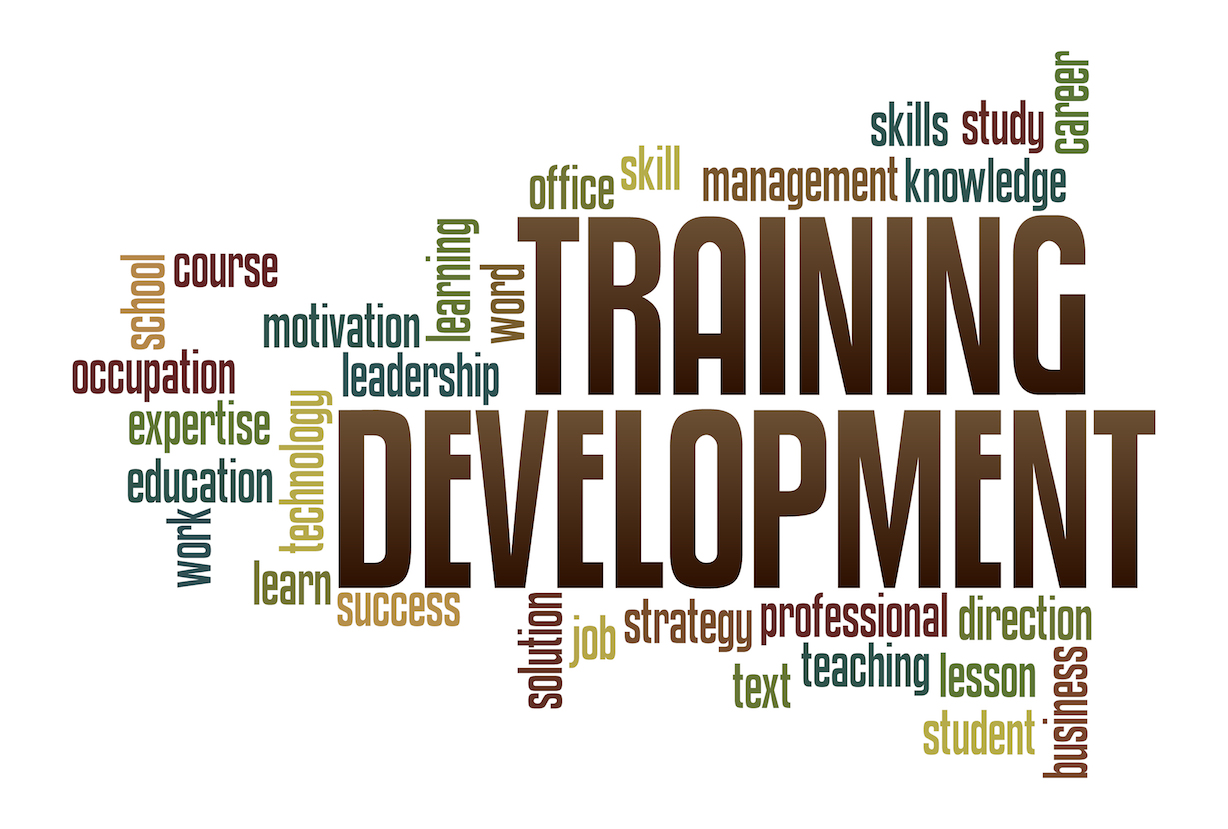




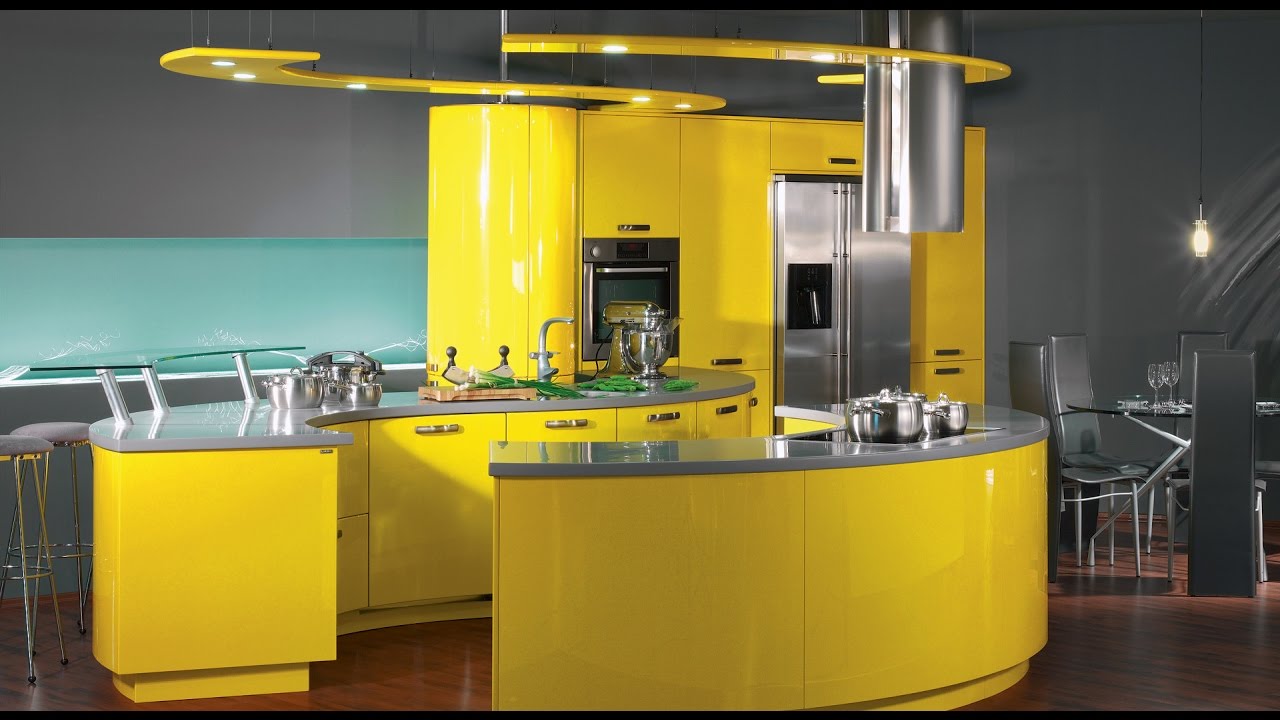

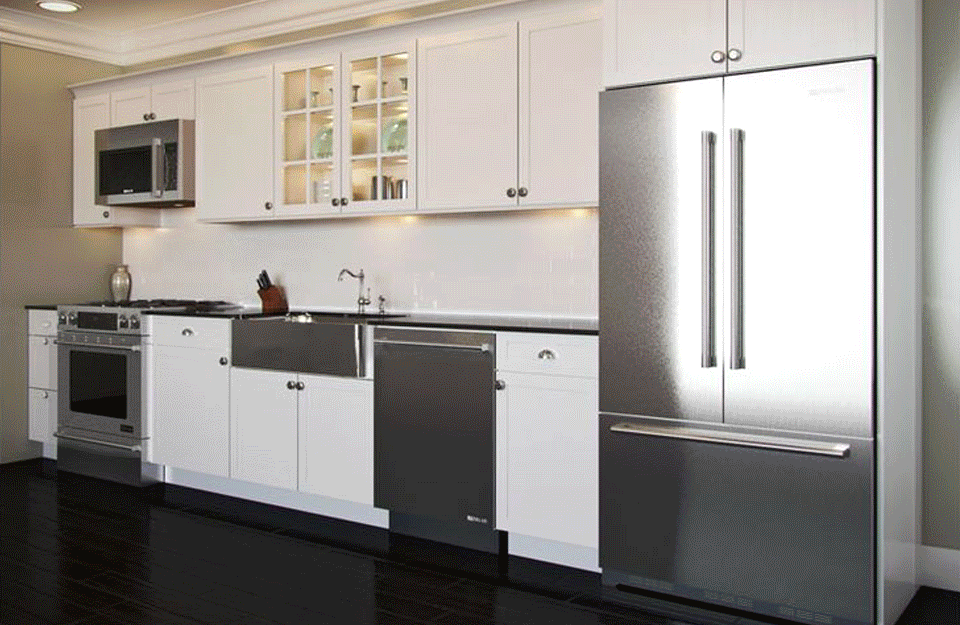

















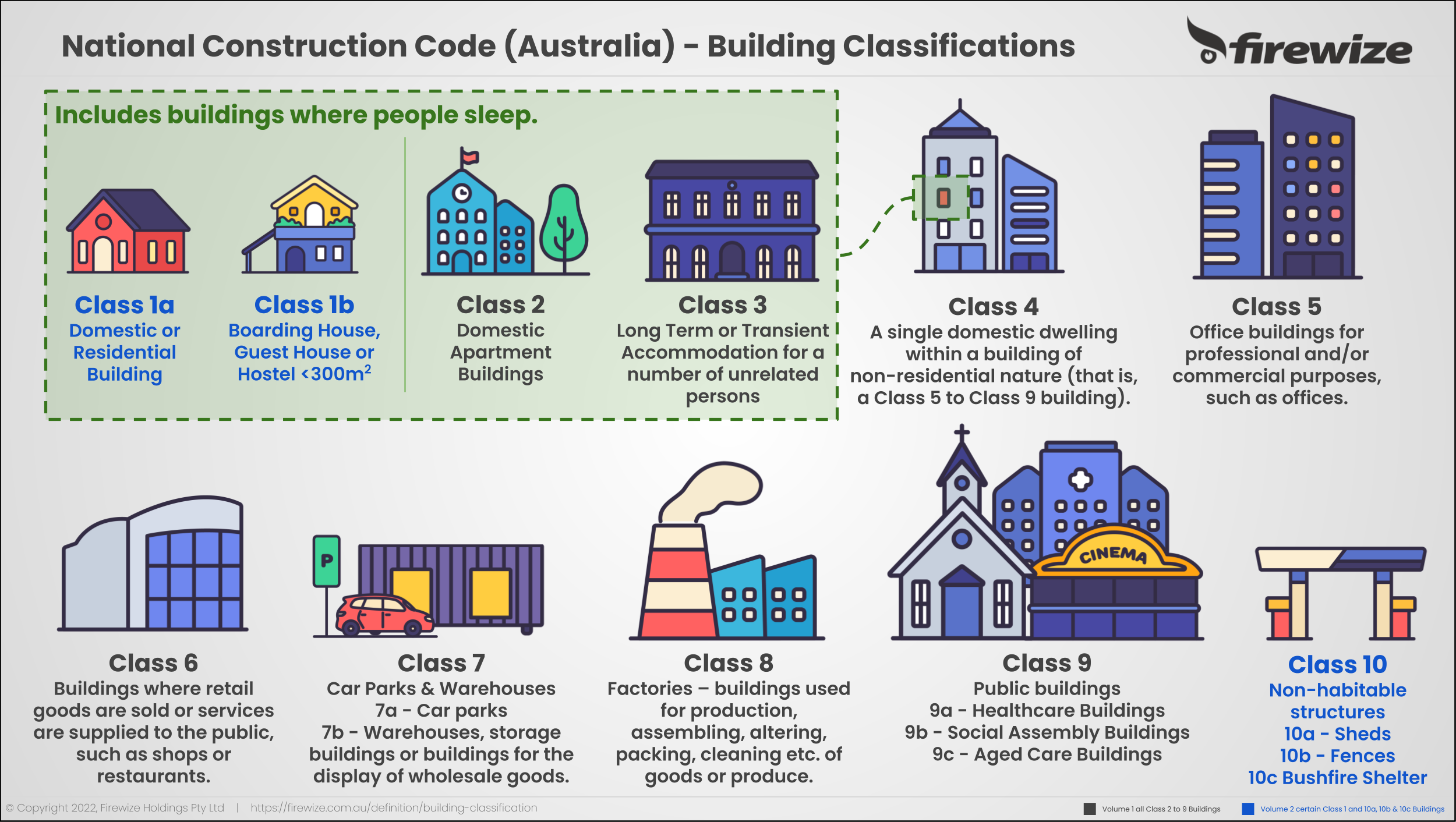


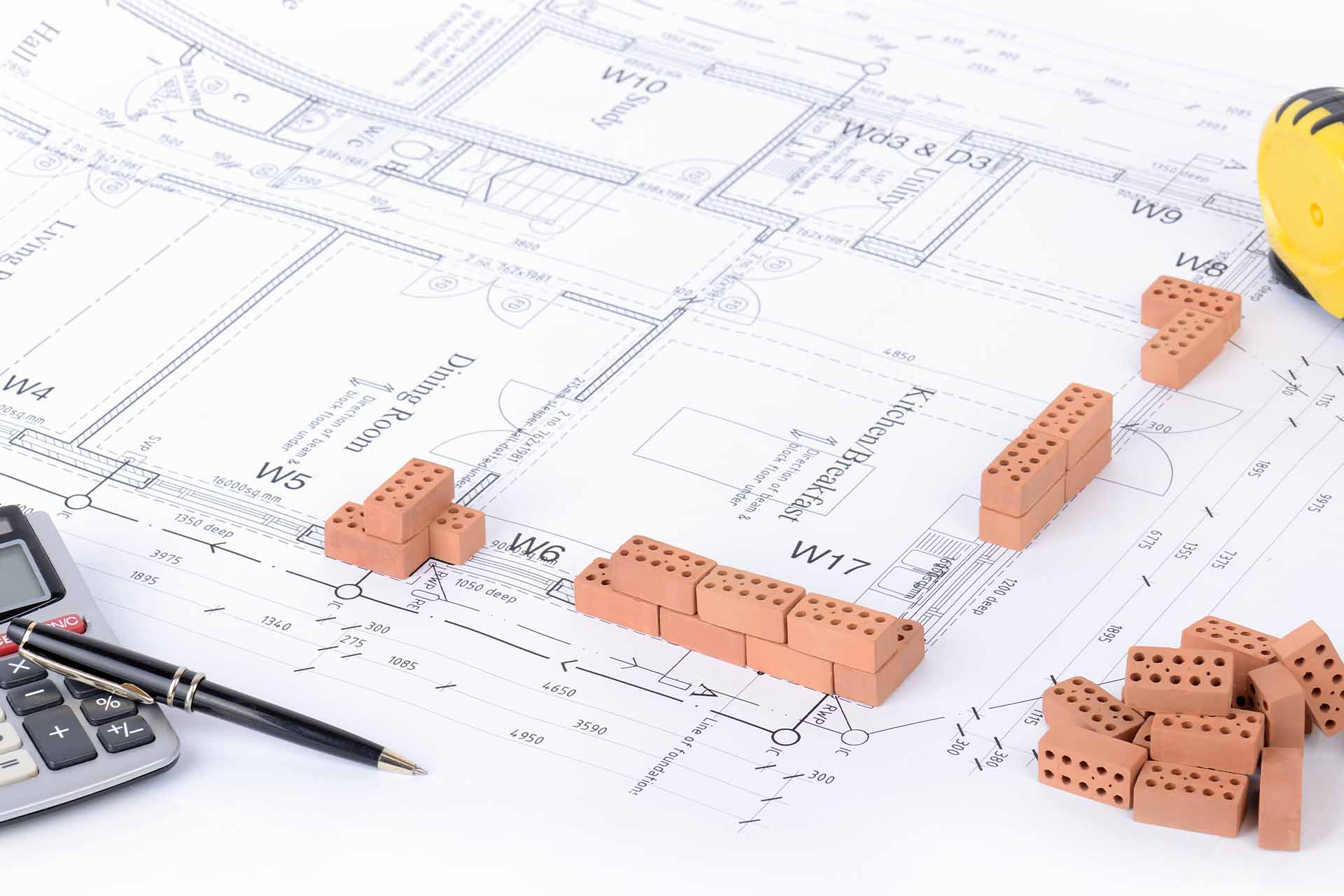
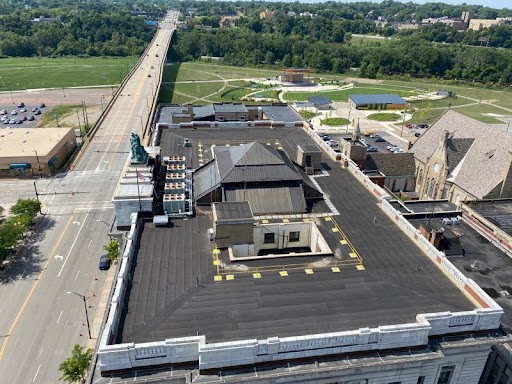
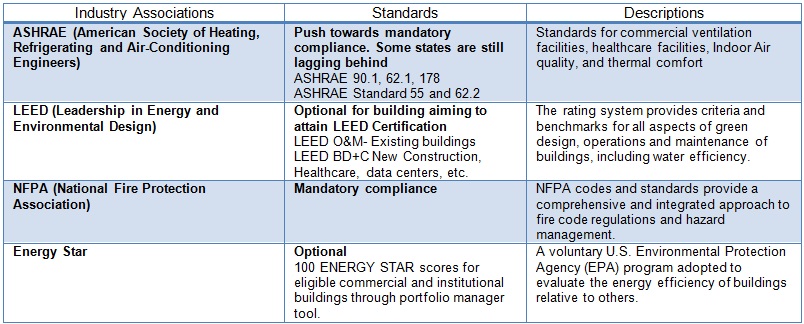

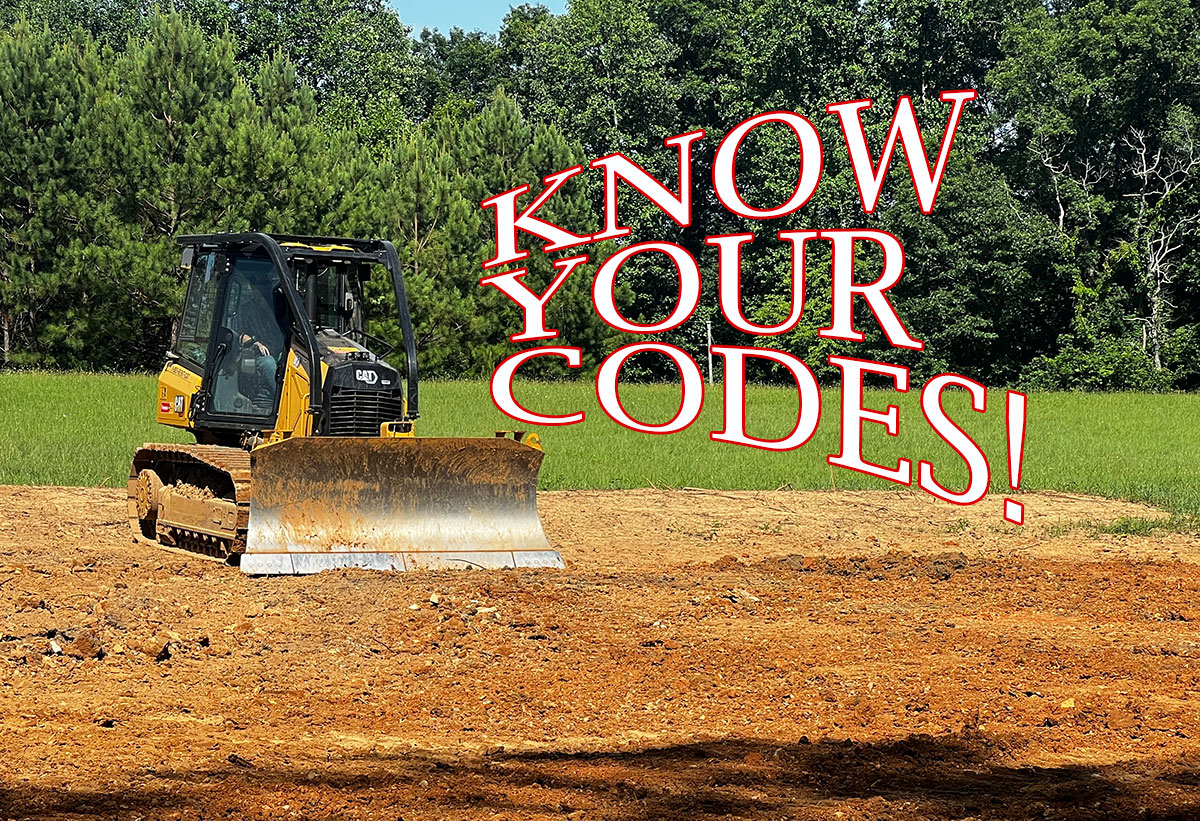

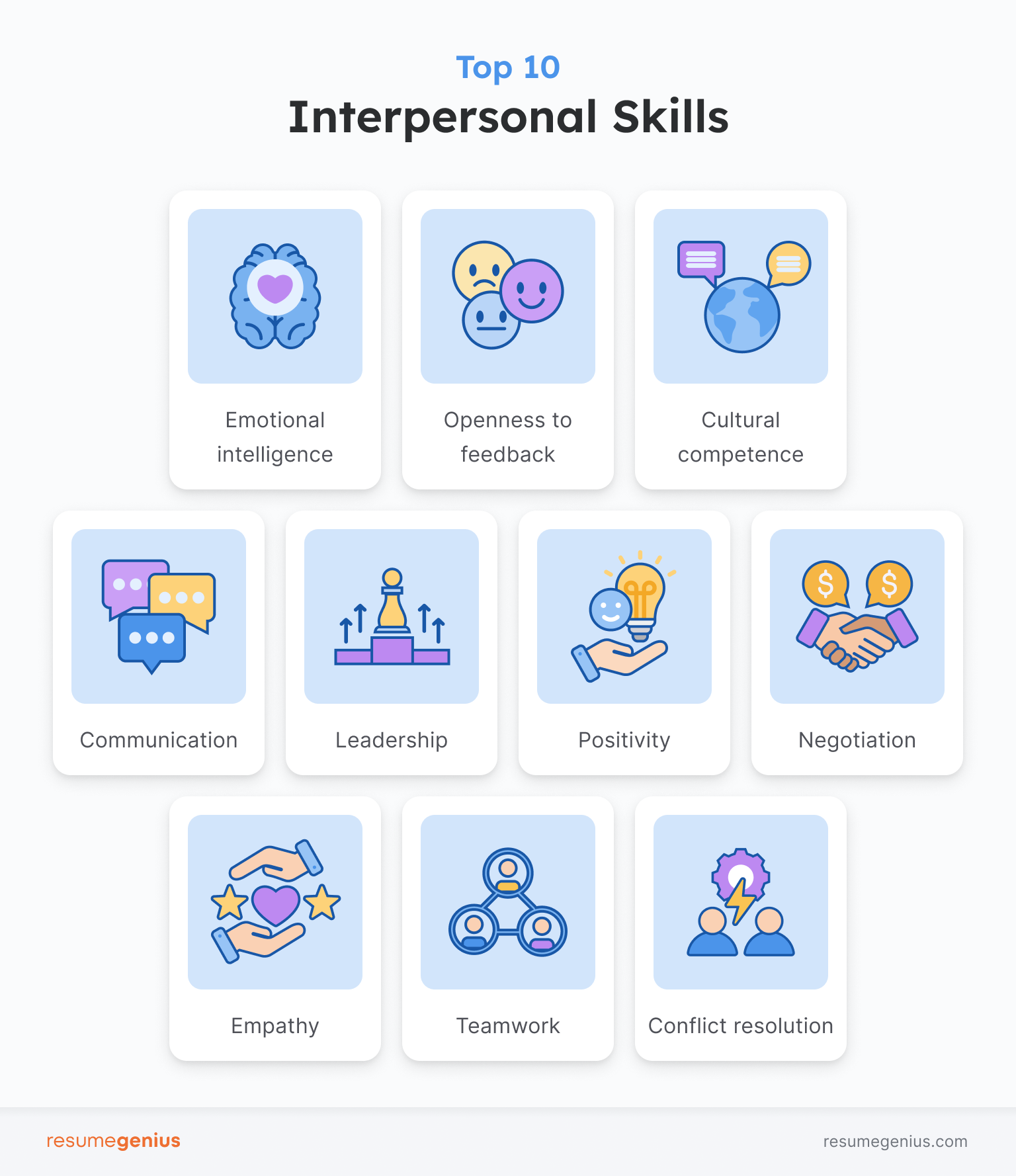







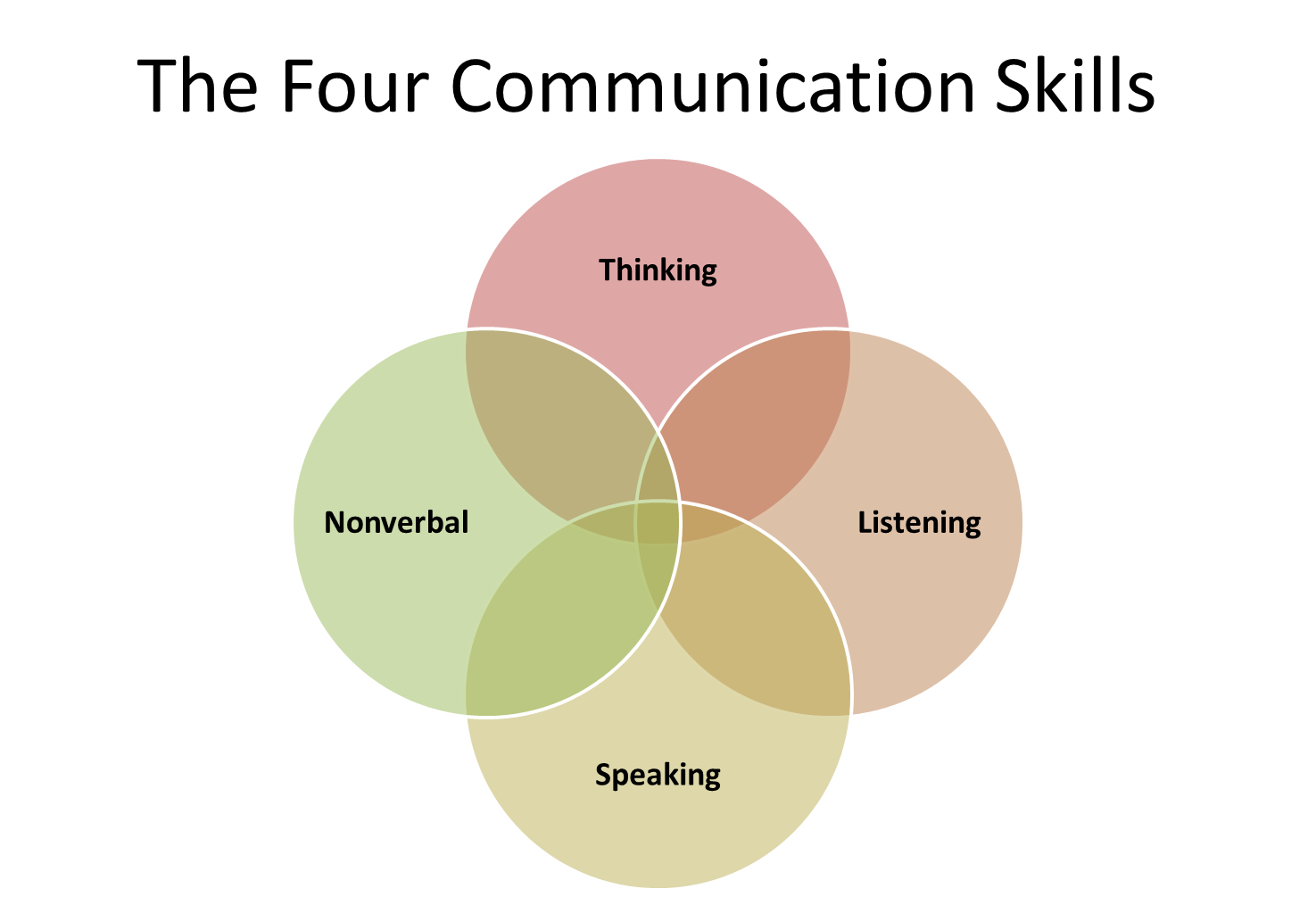







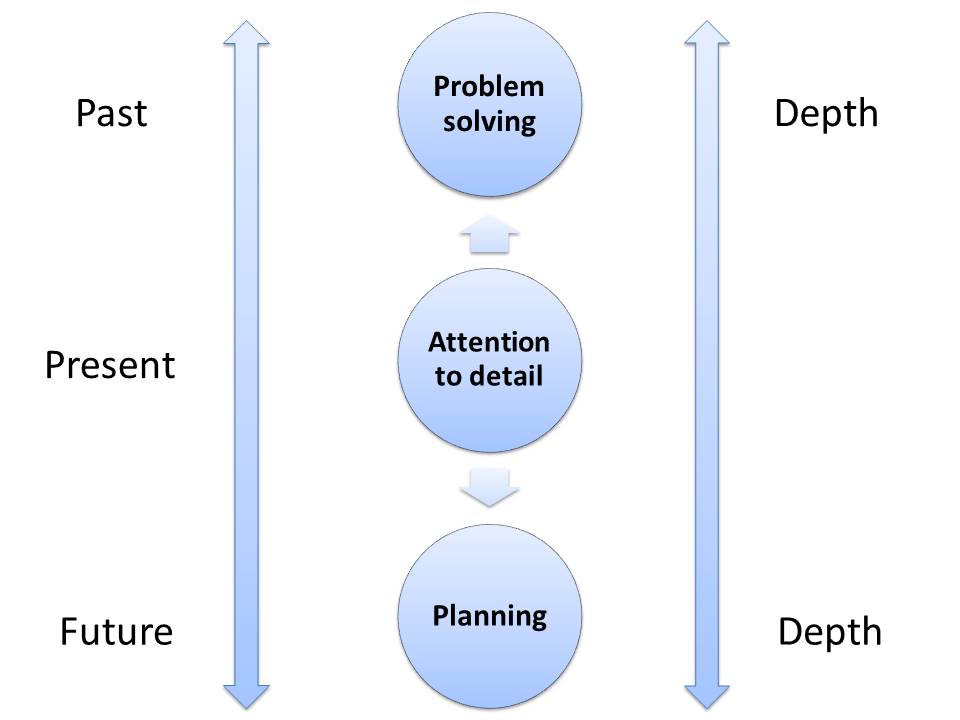




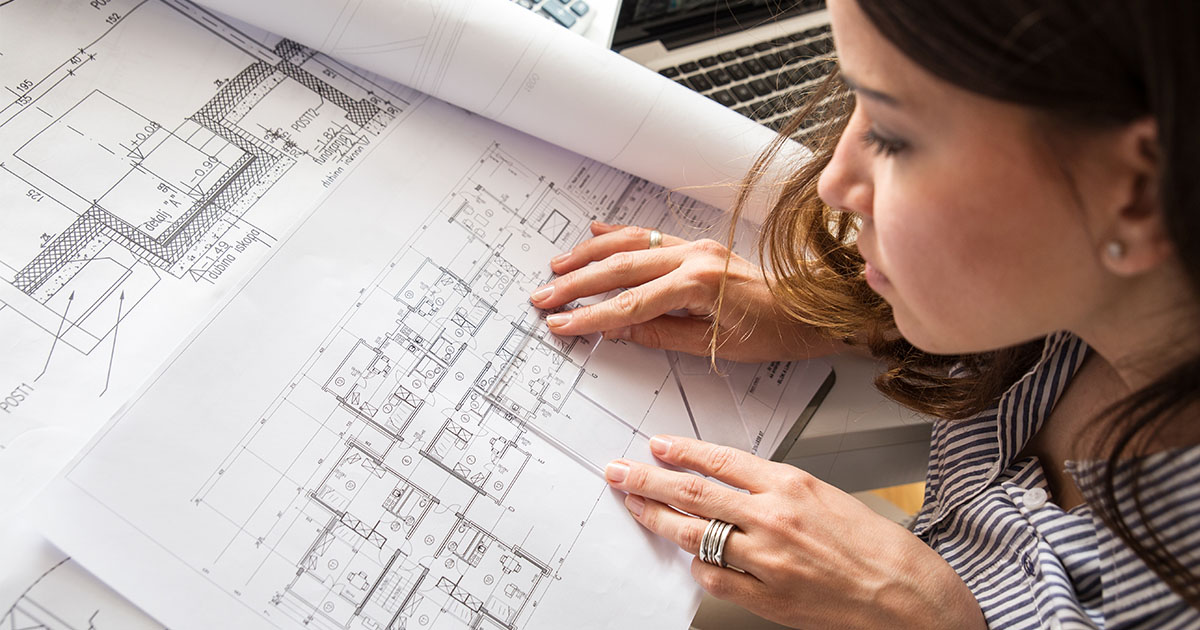







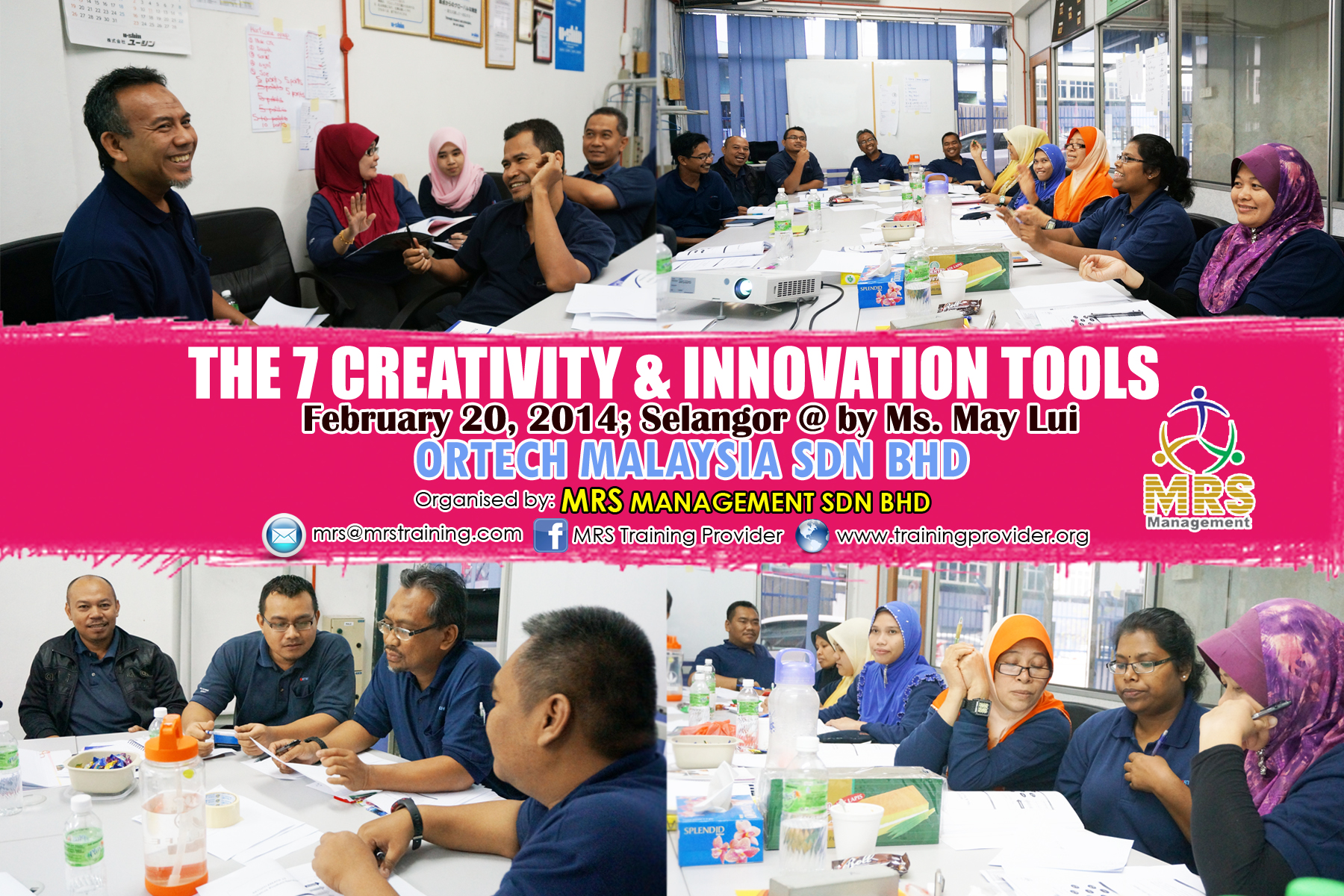
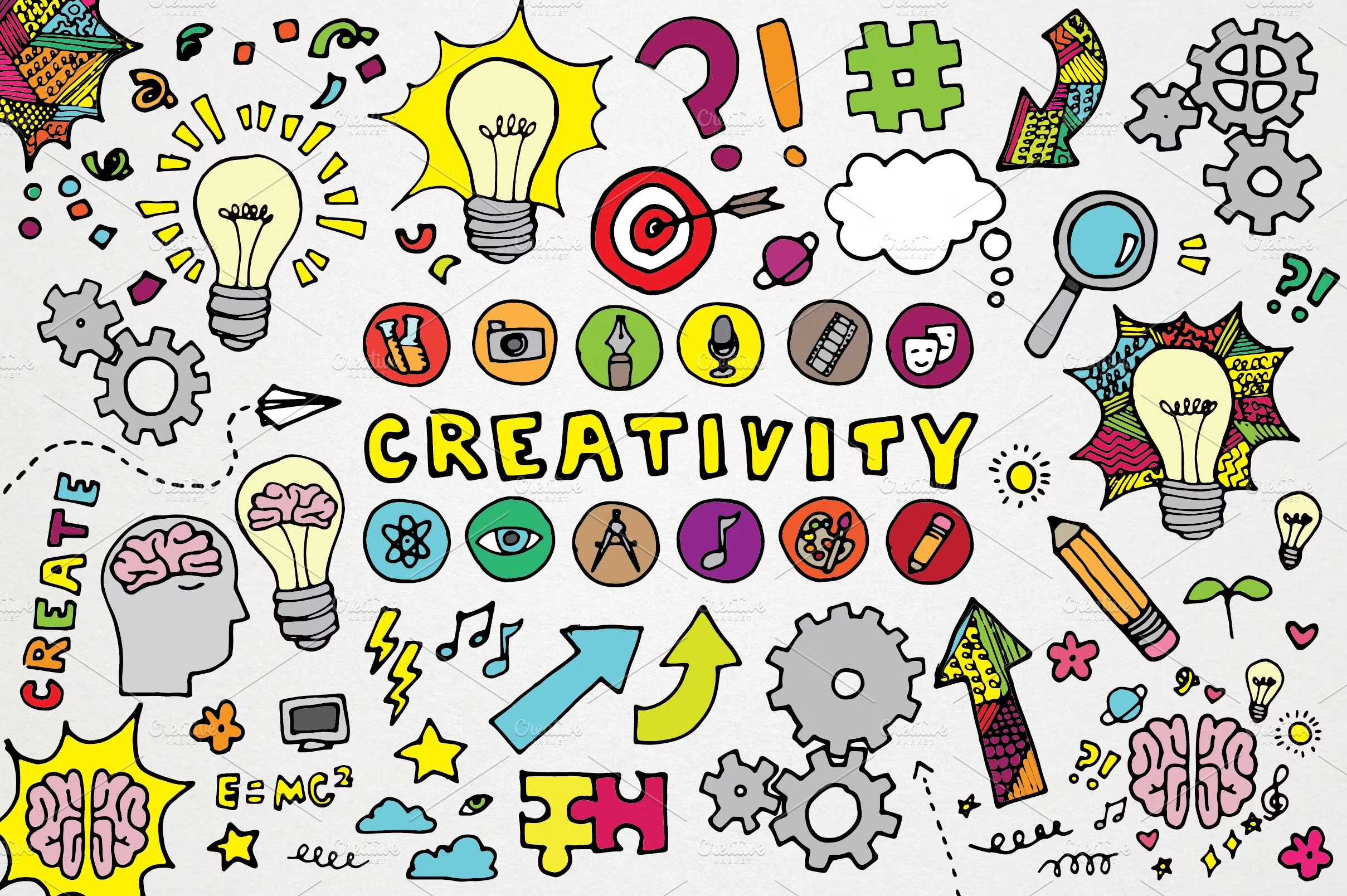

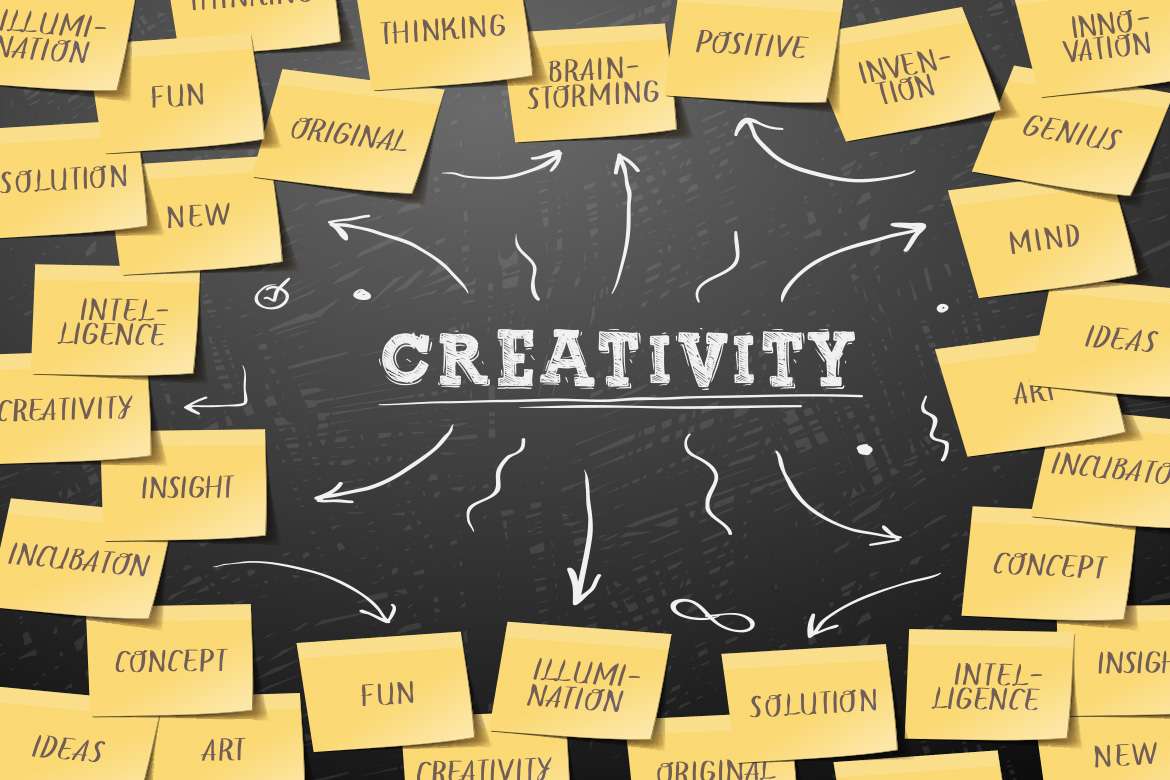




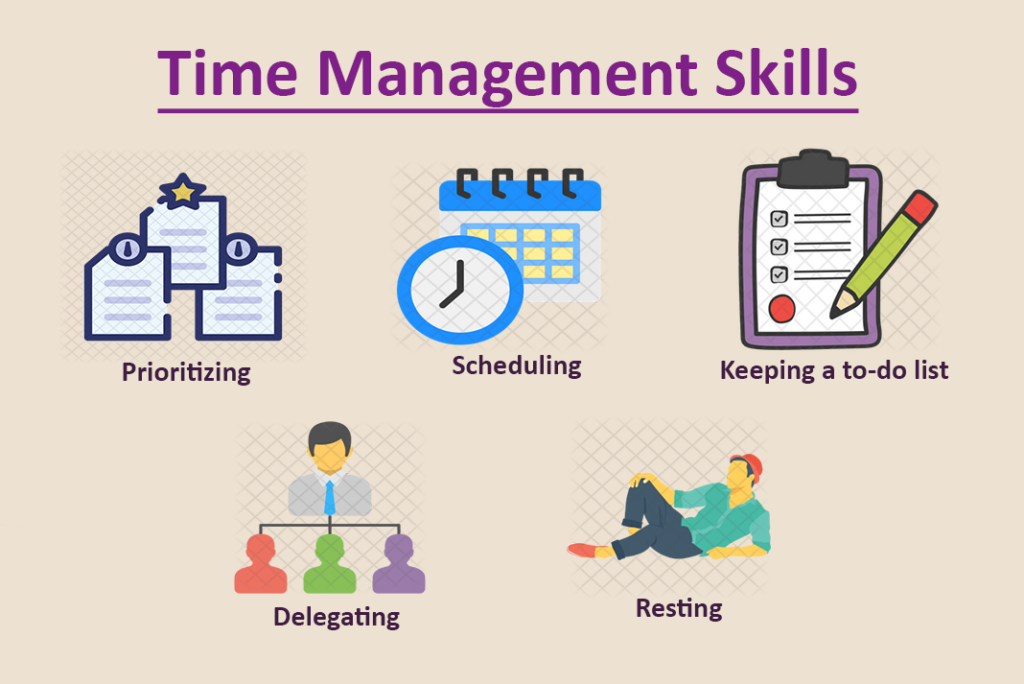


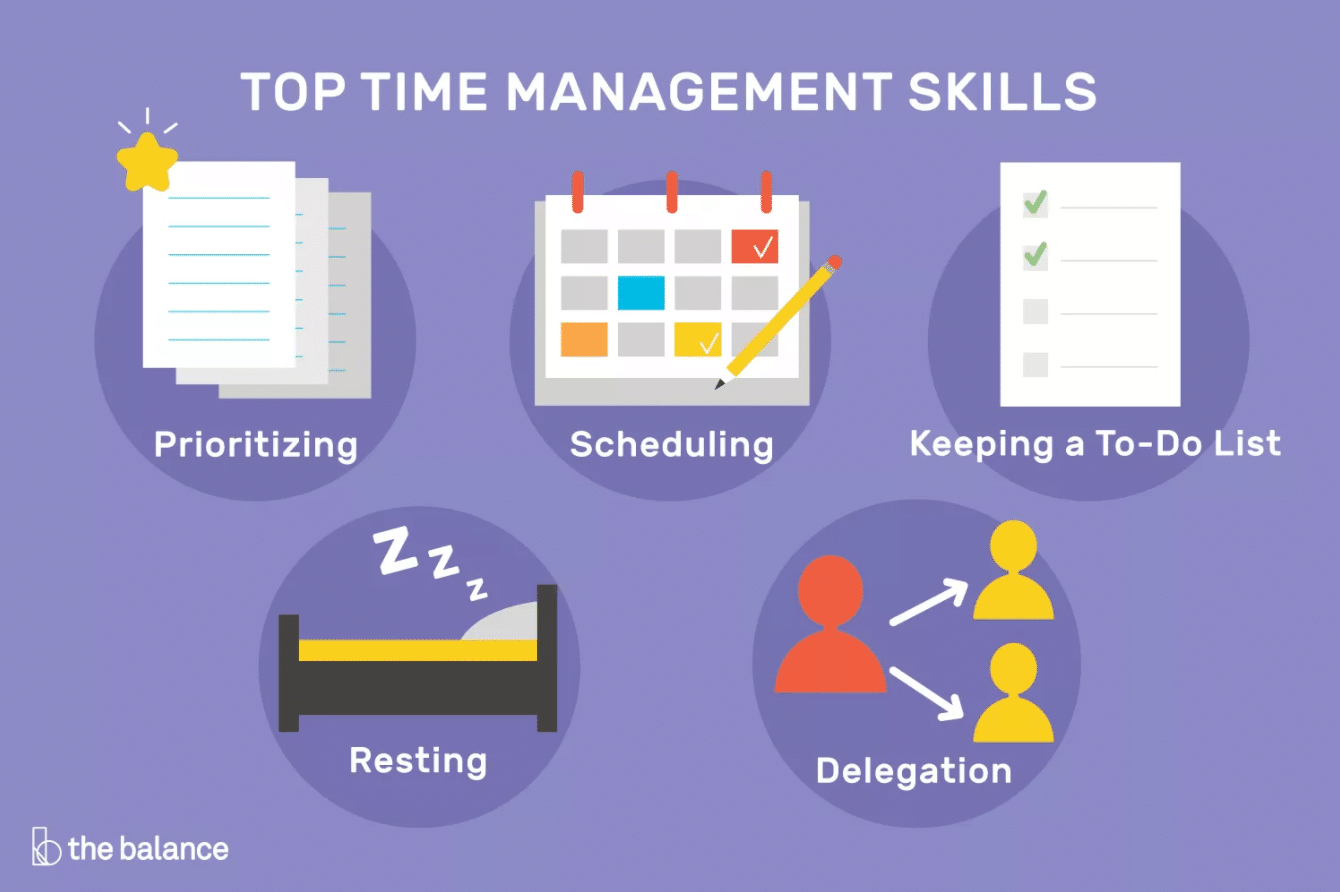



:quality(10)/images/925e1d42-ec17-448b-8071-f065603f773f.jpeg)




